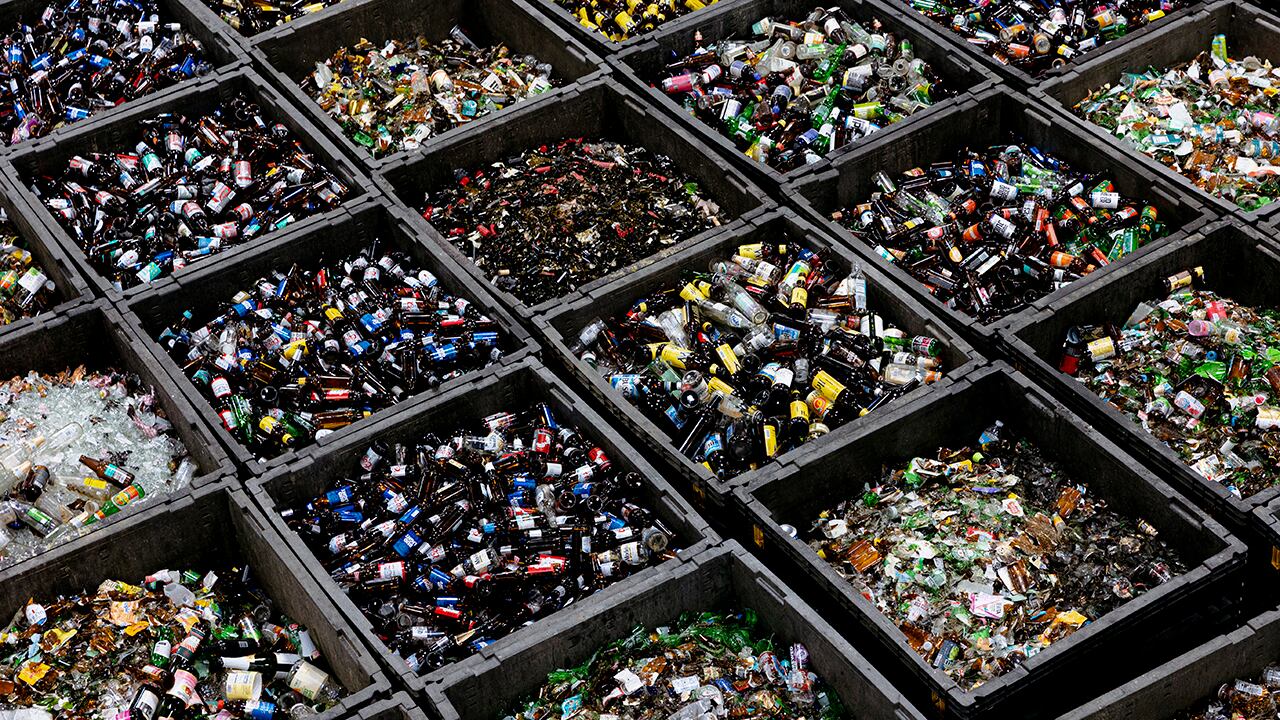We all know the song. Sing it with me: "99 bottles of beer on the wall, 99 bottles of beer. Take one down, where does it go? Probably into a landfill where it will stay until earth is engulfed by a fiery asteroid in 6 billion years."
City Hall wants to pass a carbon tax. Reporter Nigel Jaquiss put this tax front and center in last Wednesday's cover story, and we dive deep into it in this week's Dive podcast.
Now, I know what you're thinking: "A 20-minute discussion about tax law, economics, recycling plants, and carbon emissions? I bet that's a tough listen." Au contraire. We take these incredibly unsexy topics and explain how the externalities of this tax are actually going to lead to increased diesel emissions, layoffs hundreds of workers, could end a groundbreaking law from the '70s…OK fine, maybe it isn't the most glamorous of topics, but we still manage to have some fun. Also, it could change how we all live, so, like, no big deal.
We are also joined in this discussion by Jules Bailey. Since running for Portland mayor in 2016 against Ted Wheeler, Bailey has taken up work at the Oregon Beverage Recycling Cooperative. This makes Bailey a conflicted fellow, deciding between wanting to support anything that reduces carbon emissions while also working closely with a plant that might get hit the hardest by this policy. It's like House of Cards, but the house is made of Jubelale bottles.
There were some other news stories this week. We go over those. And the quote of the week? It's the best yet. It's Episode 5. Give her a listen.
Listen on Spotify.
Listen on Apple Music.
Listen on Google Podcasts.
Listen on Amazon Music.
